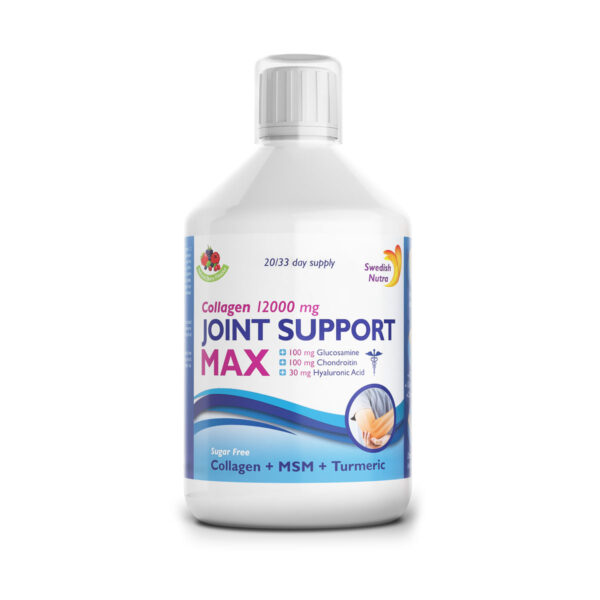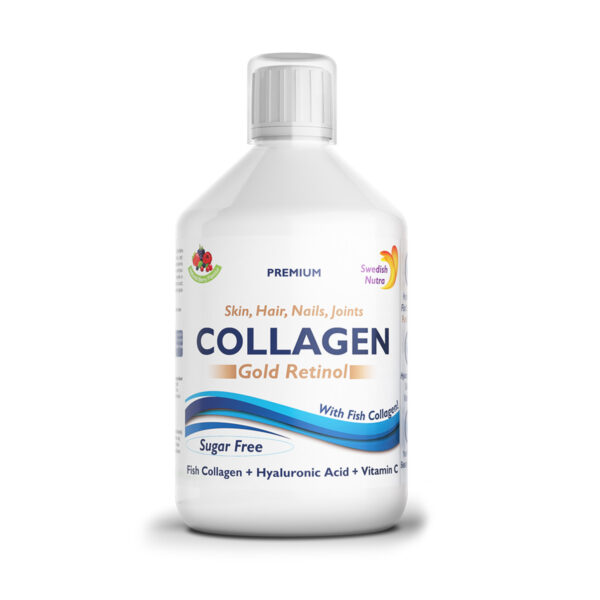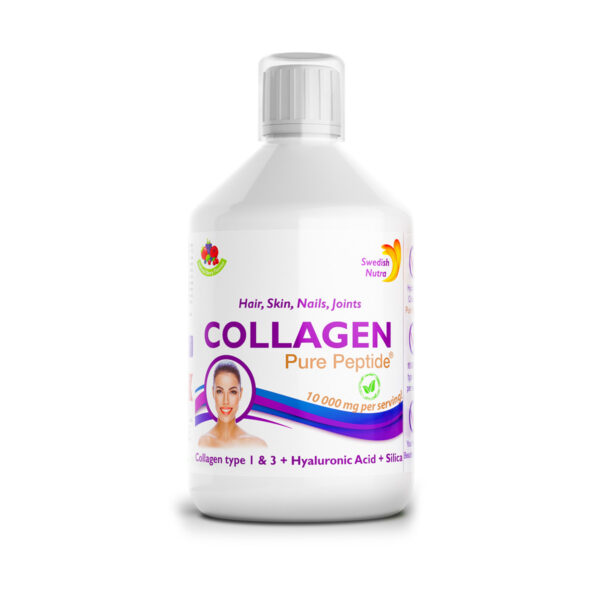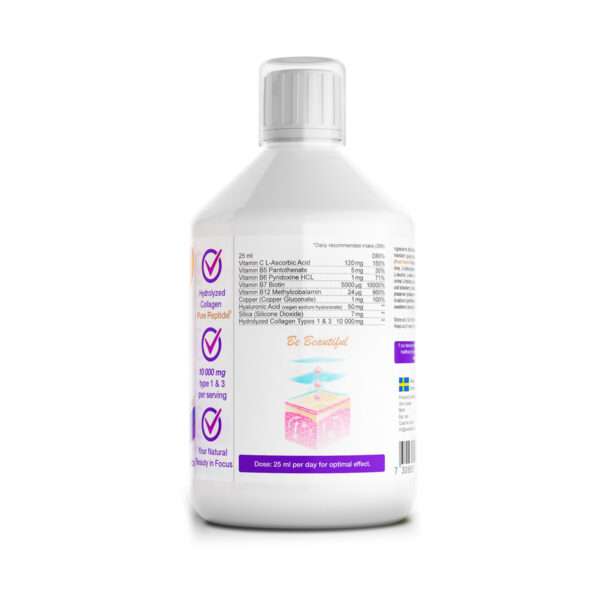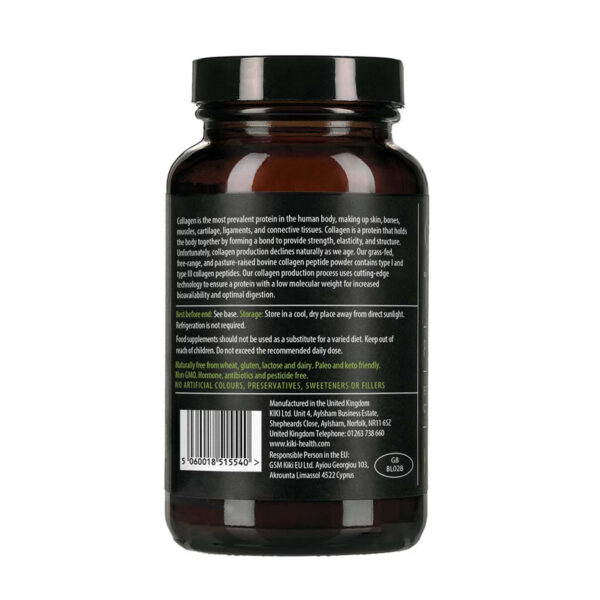Vitamin C and its health benefits

Vitamin C and its health benefits
Vitamin C, or ascorbic acid, is an essential water-soluble vitamin that can safely be called one of the most widely known vitamins. Vitamin C plays several important roles in the body and affects health in different ways.
The main properties of vitamin C are
- Strengthening the immune system: vitamin C is an essential antioxidant that helps the body fight free radicals that can damage immune cells. Vitamin C also helps to boost immune function, helping the body to fight infections and disease.
- Collagen production: vitamin C is needed to produce collagen, an essential protein for connective tissue and skin health. Vitamin C deficiency can lead to a decrease in collagen production, which in turn can cause dryness, sagging and wrinkles.
- Iron absorption: vitamin C helps iron to be better absorbed. Iron is essential for the production of blood proteins (haemoglobin), which carries oxygen to the body’s tissues.
- Heart health: vitamin C intake can help reduce the risk of cardiovascular disease. Vitamin C can help prevent cardiovascular disease. Vitamin C can help prevent cardiovascular disease by protecting the walls of blood vessels from oxidative stress.
- Antioxidant: Vitamin C is a potent antioxidant that helps protect cells from free radical damage. Free radicals are damaging compounds formed during metabolism that can damage cells and DNA, thereby contributing to disease.
Vitamin C intake
Vitamin C is not produced by the body, so we need to get it from food or supplements. The recommended daily intake of vitamin C varies depending on age, gender and other factors.
Here are some general recommendations for vitamin C intake:
- Adult women: 75-90 mg per day
- Adult men: 90 mg per day
- Pregnant women: 85 mg per day
- Breastfeeding women: 120 mg per day
- Children (depending on age): 15-75 mg per day.
For example, smokers and pregnant women, allergy and baby pill users and people with digestive problems need more vitamin C. Smoking reduces vitamin C absorption, so smokers should get more vitamin C than non-smokers. Pregnant women need more vitamin C to support fetal development.
The maximum dose of vitamin C during a period of illness is 1000 mg, but this dose should not be taken for more than 10 consecutive days. As it is a water-soluble vitamin, it is not advisable to take 1000mg at a time (unless it is a liposomal form of vitamin C), as it is easily excreted from the body when consumed in large quantities.
Although vitamin C overdose is rare, excessive intake of vitamin C can cause gastrointestinal problems such as nausea, vomiting and diarrhoea.
Vitamin C deficiency
Vitamin C deficiency, or hypovitaminosis C, is a condition in which the body does not have enough vitamin C in the body. Symptoms of deficiency can range from mild to severe. Mild symptoms include fatigue, weakness, joint pain, anaemia and poor wound healing. More severe symptoms may include bleeding gums, muscle pain and joint inflammation, and changes in the skin and nails.
Long-term vitamin C deficiency can cause scurvy, a condition in which a person loses bodily fluids and may experience joint and muscle pain, muscle weakness, fatigue and anaemia, bleeding gums and changes in skin and hair.
Deficiencies can be prevented by eating enough vitamin C-rich foods such as citrus fruits, berries, peppers, broccoli, tomatoes, potatoes and green leafy vegetables.
All in all, vitamin C is essential for our health, supporting our immune system and helping to maintain healthy skin. In addition, it promotes the absorption of iron and is important for warding off spring fever and stress.





